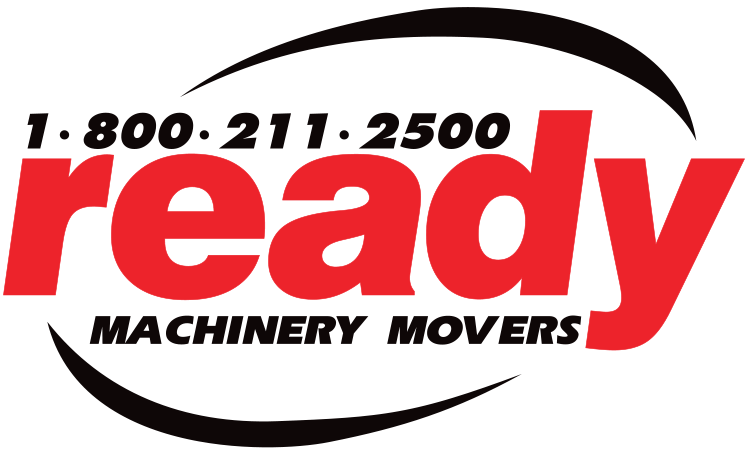Across industries, you may have heard of the term rigger. Different riggers specialize in various jobs and expertise. Here’s what you need to know about the career and skills a rigger does.
What Is A Rigger?
Riggers are a vital part of the team. They set up and repair rigging at manufacturing plants, construction sites, logging yards, and even film locations. They are responsible for anchoring and aligning the machinery, attaching loads, controlling the movement of heavy equipment and ensuring safety.
What’s The Difference Between A Rigger and Machinery Mover?
The machinery moving industry also employs riggers. They have riggers specializing in machinery and equipment and will often require knowledge in the assembly, levelling and aligning to move equipment and loads.
A machinery rigger will be required to know how to attach cables and ropes to secure a load, examine the size and weight of machinery, and ensure the load is balanced and stable for the haul ahead.
Rigger Core Responsibilities
- In machinery, they know how to attach cables or ropes to the load. They also know how to use slings, shackles, shockers, and winches.
- They know the suitable hitches to tie and support the load and machine safely.
- They are confident in recognizing any hazards associated with moving and lifting.
- Riggers will be able to move equipment through confined spaces.
- Dismantle, clean and store rigging equipment after each use.
- Understand signals to communicate with crew members.
3 Skills Needed To Be A Confident Rigger
Having the required training is one component of the job. Here are the top three skills you need to be a successful rigger.
- Communication: You will be required to communicate with colleagues and be involved with the construction or moving process to ensure everyone is on the same page. You will be an integral part of the process.
- Decision Making: You will be expected to act quickly and identify problems before they become a more significant issue. Determination and watchfulness are critical traits of a good rigger.
- Willingness to Learn: You’ll be expected to use a wide selection of equipment. Riggers wear many hats and will often be asked to take special training to further their knowledge in the field.
Certifications For Ontario Riggers
Depending on the type and level of rigging you are working in, a few different areas of certification are required. You can learn more about the training needed in Ontario here.
The Infrastructure Health and Safety Association (IHSA) works to improve the safety standards of Ontario workers. They offer a specialized program to support riggers in the province. Those who attend will learn about the construction industry’s safe hoisting and rigging practices. You are graded on hand signals, knots, and performance review.
Looking To Grow Your Rigging Career?
We’re always looking for individuals passionate about expanding their rigging skills and creating a safe work environment. You can learn more about our careers by clicking here.
